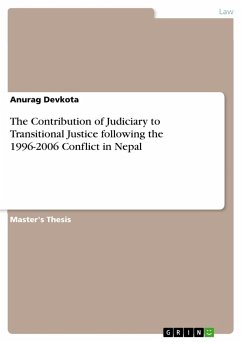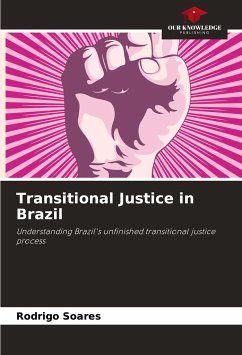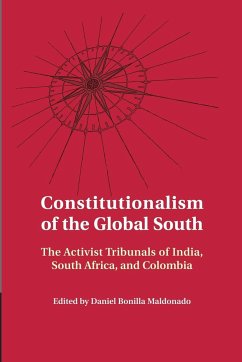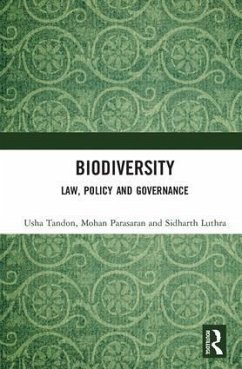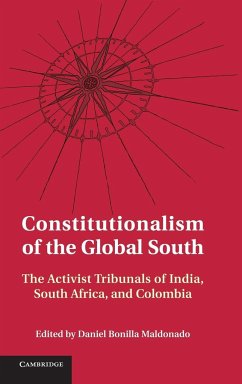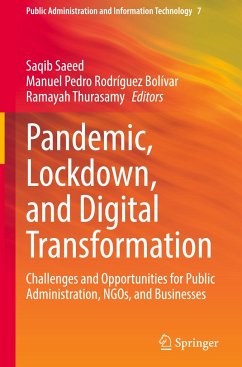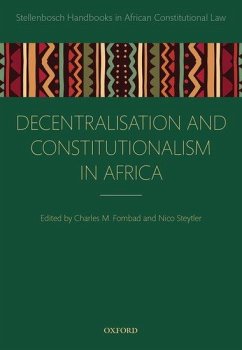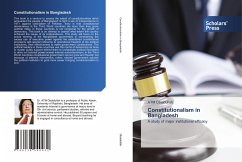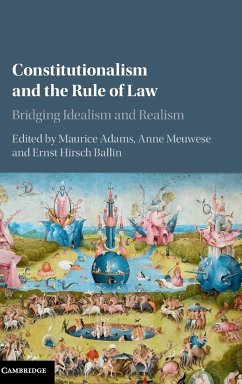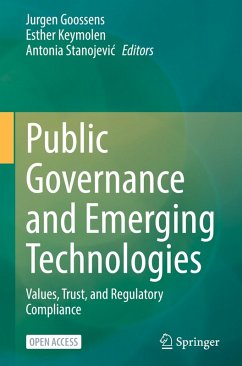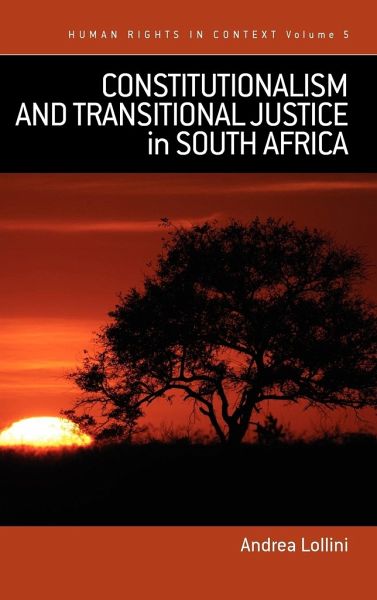
Constitutionalism and Transitional Justice in South Africa
Versandkostenfrei!
Versandfertig in 1-2 Wochen
132,99 €
inkl. MwSt.

PAYBACK Punkte
66 °P sammeln!
Over the last fifteen years, the South African postapartheid Transitional Amnesty Process - implemented by the Truth and Reconciliation Commission (TRC) - has been extensively analyzed by scholars and commentators from around the world and from almost every discipline of human sciences. Lawyers, historians, anthropologists and sociologists as well as political scientists have tried to understand, describe and comment on the 'shocking' South African political decision to give amnesty to all who fully disclosed their politically motivated crimes committed during the apartheid era. Investigating ...
Over the last fifteen years, the South African postapartheid Transitional Amnesty Process - implemented by the Truth and Reconciliation Commission (TRC) - has been extensively analyzed by scholars and commentators from around the world and from almost every discipline of human sciences. Lawyers, historians, anthropologists and sociologists as well as political scientists have tried to understand, describe and comment on the 'shocking' South African political decision to give amnesty to all who fully disclosed their politically motivated crimes committed during the apartheid era. Investigating the postapartheid transition in South Africa from a multidisciplinary perspective involving constitutional law, criminal law, history and political science, this book explores the overlapping of the postapartheid constitution-making process and the Amnesty Process for political violence under apartheid and shows that both processes represent important innovations in terms of constitutional law and transitional justice systems. Both processes contain mechanisms that encourage the constitution of the unity of the political body while ensuring future solidity and stability. From this perspective, the book deals with the importance of several concepts such as truth about the past, publicly shared memory, unity of the political body and public confession.



